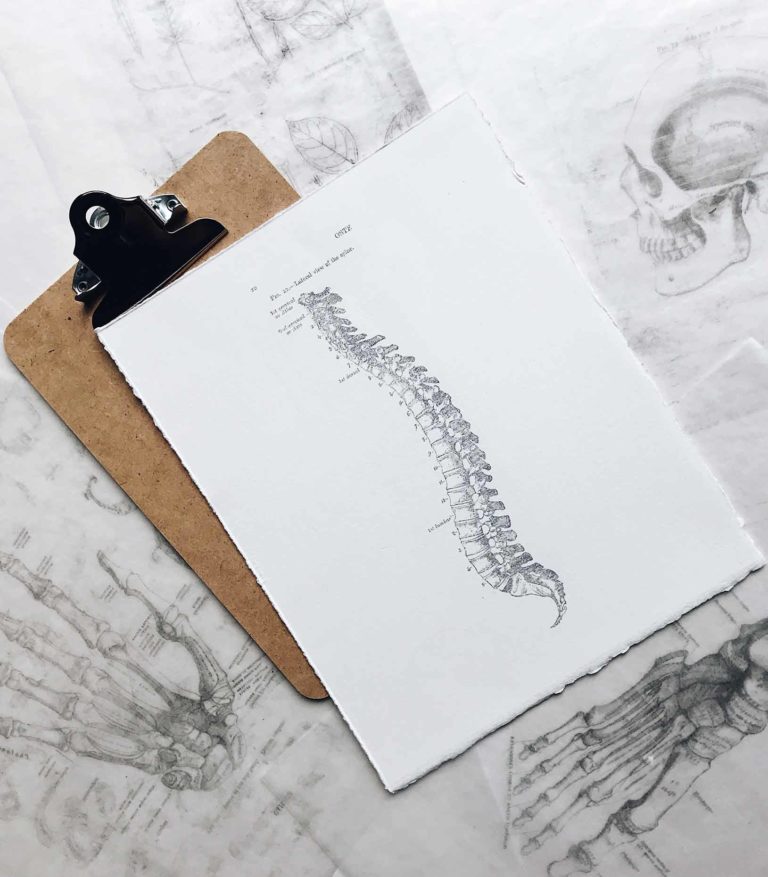Fort Pierce Spinal Cord Injury Lawyers

In most successful personal injury claims, the final payout covers the compensatory damages (economic and non-economic losses) incurred by the claimant. These damages aim to make the claimant whole again by covering losses like medical expenses, lost income, and emotional distress.
In some circumstances, though, the claimant is also able to recover punitive damages. Unlike compensatory damages, which essentially reimburse the injured party for costs incurred as a result of the accident, punitive damages punish the defendant for gross negligence or intentional misconduct.
If you sustained a spinal cord injury (SCI) through the fault of someone else and you intend to file a claim for compensation, contact Donaldson & Weston. We will make sure your claim accounts for all potentially recoverable damages including those you might have overlooked. Call 772-266-5555 to schedule a free consultation with a paralysis lawyer in Fort Pierce.
In some circumstances, though, the claimant is also able to recover punitive damages. Unlike compensatory damages, which essentially reimburse the injured party for costs incurred as a result of the accident, punitive damages punish the defendant for gross negligence or intentional misconduct.
If you sustained a spinal cord injury (SCI) through the fault of someone else and you intend to file a claim for compensation, contact Donaldson & Weston. We will make sure your claim accounts for all potentially recoverable damages including those you might have overlooked. Call 772-266-5555 to schedule a free consultation with a paralysis lawyer in Fort Pierce.
When Are Punitive Damages Recoverable in Spinal Cord Injury Cases?
In the state of Florida, accident victims may pursue a punitive award in addition to compensatory damages if the liable party exhibited intentional misconduct or gross negligence. Those behaving with intentional misconduct know their actions are wrong or at least threaten the safety or health of those around them but proceed anyway.
People who are grossly negligent, on the other hand, may harm someone inadvertently. Their actions are so careless or reckless that they essentially disregard the safety or health of others simply by performing them.
The burden of proof for demonstrating either lies with claimants, so it is important that you seek legal counsel if you want to pursue punitive damages following a spinal cord injury. Here are just a few examples of the kinds of scenarios that might warrant a punitive award in Florida:
People who are grossly negligent, on the other hand, may harm someone inadvertently. Their actions are so careless or reckless that they essentially disregard the safety or health of others simply by performing them.
The burden of proof for demonstrating either lies with claimants, so it is important that you seek legal counsel if you want to pursue punitive damages following a spinal cord injury. Here are just a few examples of the kinds of scenarios that might warrant a punitive award in Florida:
- Motor-Vehicle Collisions: If you sustained an SCI in a car accident with an impaired motorist, you may be entitled to punitive damages. Hit-and-run drivers and those who were violating the law prior to the wreck—by leading police on a high-speed chase, for example—may also be ordered to pay punitive damages.
- Medical Malpractice: If your healthcare provider tried to alter or destroy medical records after making some kind of error while diagnosing or treating you, the case may call for a punitive award.
- Premises Liability: If a property owner knows there is a hazardous condition on the premises but fails to repair it in a timely fashion or at least rope it off and post warning signs, it could be considered gross negligence.
- Product Liability: Sometimes, manufacturers knowingly use defective or cheap parts that are likely to fail because paying out any resulting personal injury claims is more economical than overhauling production entirely and starting over from scratch. This may be considered intentional misconduct and warrant punitive measures.
